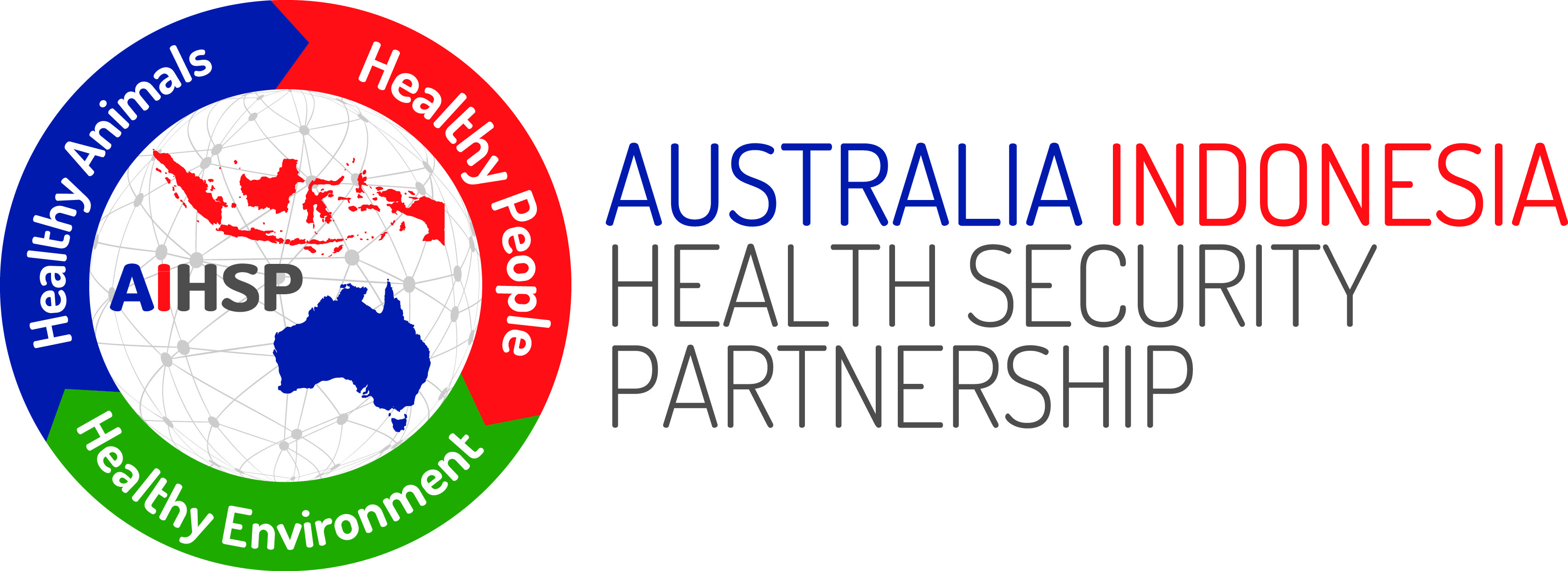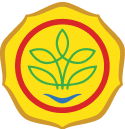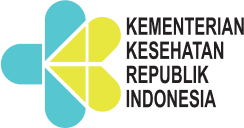Promoting Resilience in People with Disabilities through Risk Communication
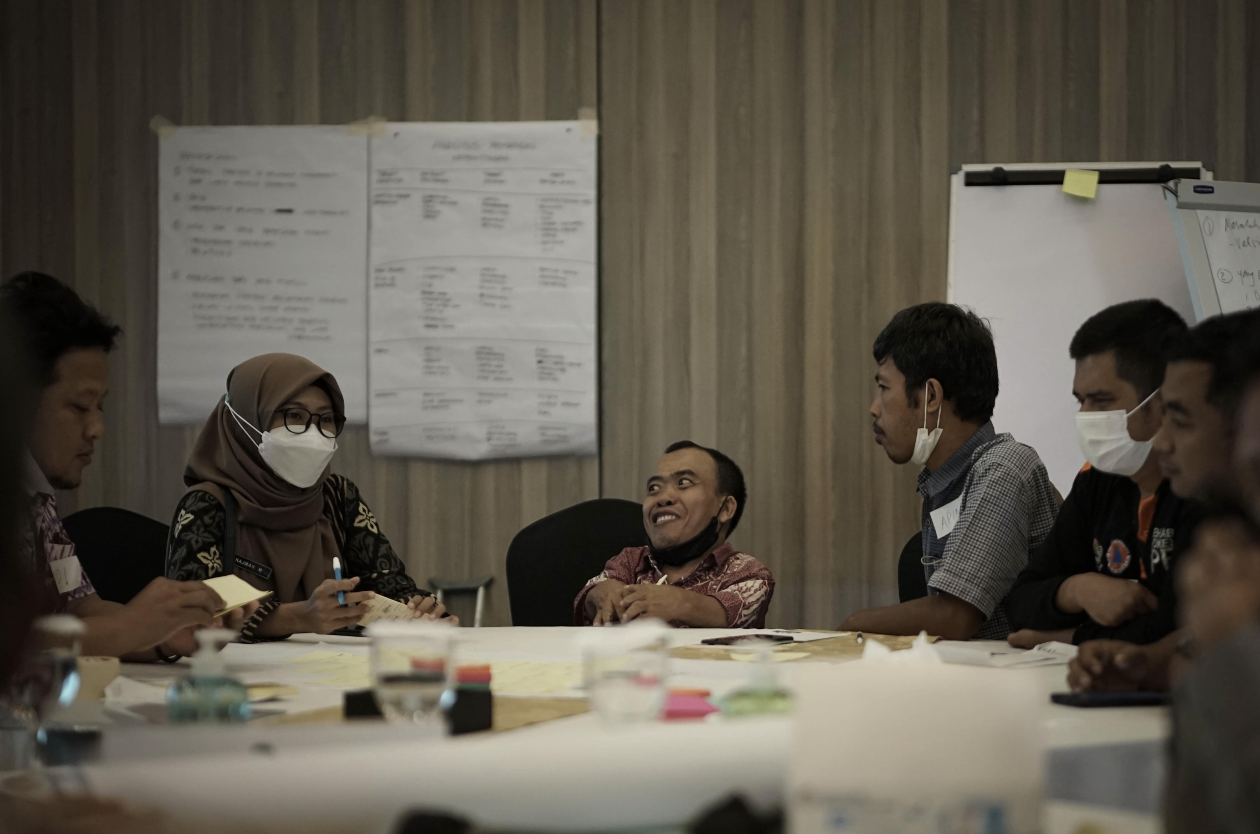
The Australia Indonesia Health Security Partnership (AIHSP) has backed a landmark training program to expand disability inclusion in Central Java’s health systems.
Held from 31 May to 2 June 2022, the series of workshops for organisations representing people with disability was conducted by the Regional Disaster Management Agency (BPBD) and the Disability Inclusive Service Unit of Central Java Province.
The aim of the 3-day event was to improve capacity to communicate health risks among people living with various disabilities and to enable these groups to respond appropriately during health crises.
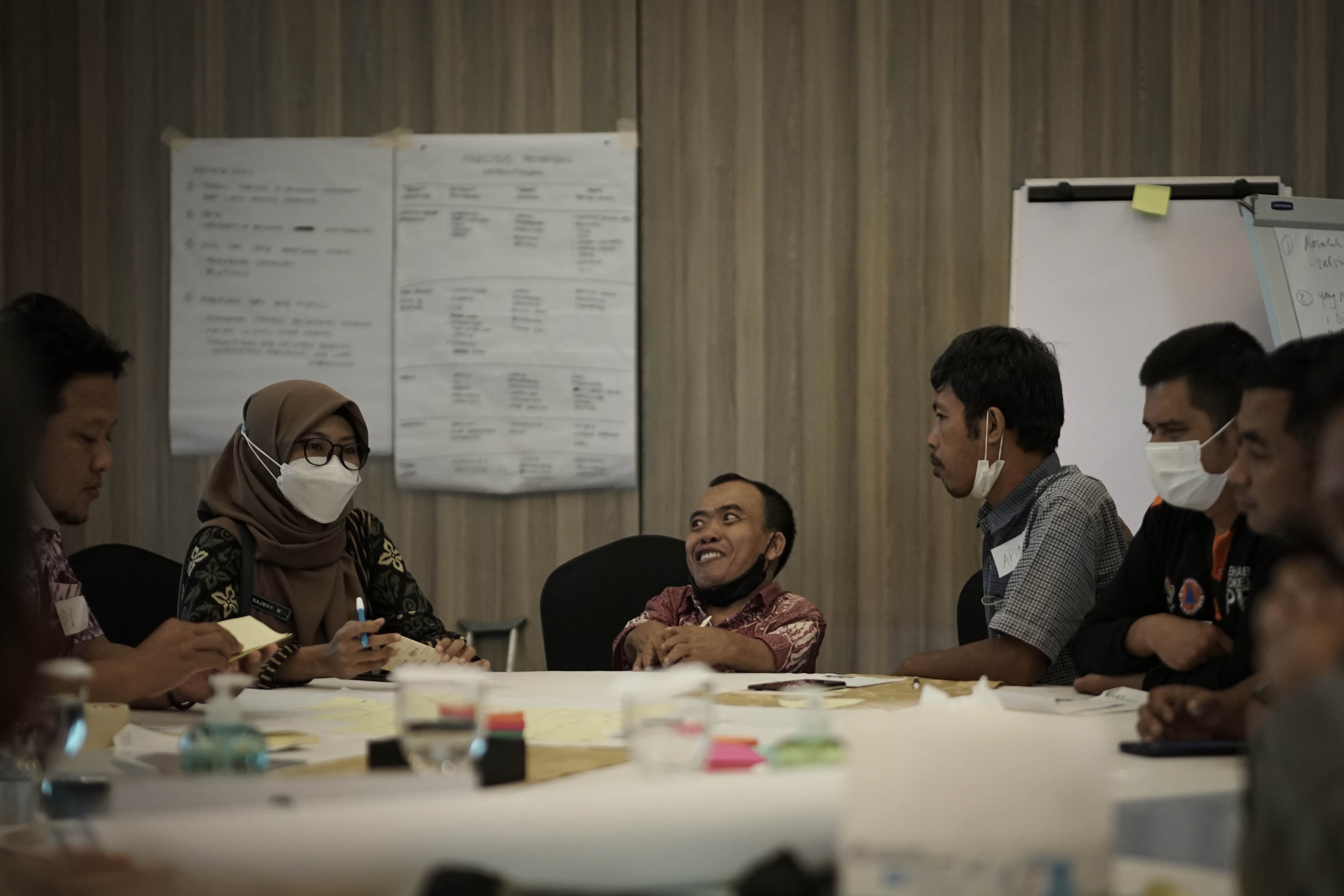
According to BPBD’s Ardi Nugroho, there are around 126,000 people with disability living in Central Java.
“These people, whether living with physical, intellectual or mental health disability, need customized communication materials on the risks associated with health threats, particularly COVID-19,” Ardi said.
“Risk communication aims to provide up-to-date and reliable information so that everyone can make proper decisions for themselves and their families.”
“This includes supporting behavioural change to prevent and control infectious diseases.”
.jpg)
Director of Communicable Disease Prevention and Control at the Ministry of Health, Yullita Evarini, explained the role of representative organisations in fostering behavioural change.
“Changes in people's behaviour in responding to a disease outbreak cannot happen suddenly and cannot be achieved without going through various processes,” Yullita said.
“One of the things that can support this is risk communication.”
“Through these workshops, we hope to increase the capacity of the participating organisations in the preparation of risk communication strategies, including how to produce inclusive and appropriate communication materials on pandemic mitigation.”
.jpg)
The workshops were conducted to help participants develop risk communication strategies by determining objectives, conducting situational analyses, and defining needs for early detection of health crises.
In the strategy formulation process, participants were guided on how to identify potential allies for collaboration, determine the target audience, package effective and encouraging messages, and choose the most appropriate communication channels.
Participants were also trained in monitoring and evaluating the programs they developed.
.jpg)
In his remarks, AIHSP Team Leader, John Leigh, reiterated that the AIHSP follows the principle of inclusiveness in every aspect of its activities.
“Indonesia is in the process of transitioning from a pandemic to an endemic situation,” John said. “Controlling COVID-19 is the key to its success.”
“Risk communication plays a major role in achieving this goal and must be tailored to all parties, including people with disability and other vulnerable groups.”
“The AIHSP supports the Central Java Government in delivering risk communication to people with disability.”
***
Share this article on:
